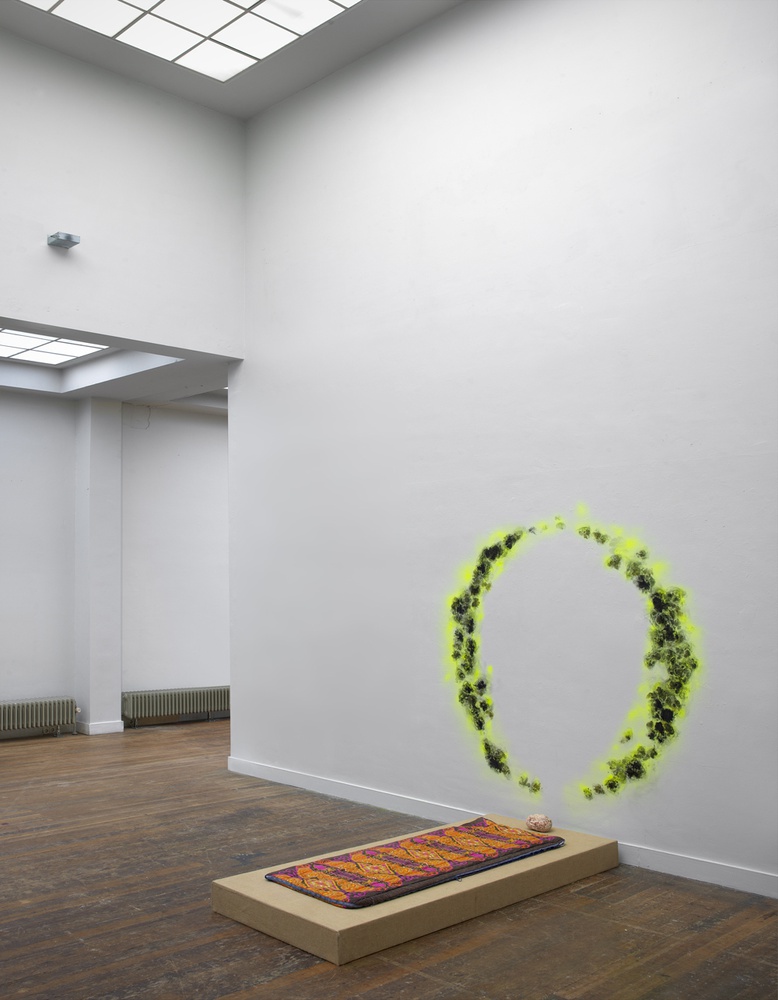The Lebensreform [“Life Reform"], a social movement that developed in the late 19th century in Germany, propagated a complete change in society and how people treat one another and their environment. The movement is regarded as a reaction to industrialisation, urbanisation and materialism. The work of Ruchama Noorda has a séance function, for getting the ideals of the life reform movement to re-surface. This interest in alternative systems of thought, enlightenment and faith, which always played a role in Noorda's life, grew alongside her own personal development. Nevertheless, she cannot commit herself to a single faith or system of thought. ‘If I must give myself an epithet, then I am an adherent of anarcho-mystique, a form involving an anarchistic way of dealing with various spiritual movements.’ By critically examining the reform movement, she forms her own interpretation of their ideals. She cannot incorporate everything that she reads or experiences in her art. It is a way of life: as a researcher, an artist and a critic.

